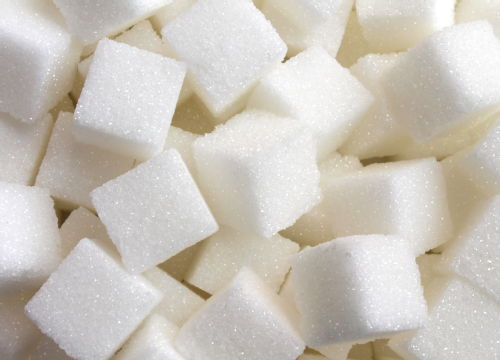Why claims artificial sweeteners raises risk of type 2 diabetes needs to be taken with a pinch of salt
New research shows sugar substitutes may affect body’s ability to control glucose levels, but its conclusions are contested. The study was small and the detailed results have not yet been published, but experts said its findings fitted with previous research showing an association between artificial sweeteners and weight gain.
The study was carried out by researchers in Australia, who wanted to investigate whether large amounts of no-calorie artificial sweeteners altered the ability of the body to control the levels of glucose in the blood. Some of the 27 healthy volunteers who were recruited for the study were given the equivalent of 1.5 litres of diet drink a day, in the form of capsules of two different sweeteners, sucralose and acesulfame K. They took the capsules three times a day for two weeks, before meals. The others in the study were given a placebo.

However Victor Zammit professor of metabolic biochemistrysays more research is needed. He explains: "Although an exagerated response to glucose intake after a meal could mimic the harmful effects of poor glucose control in diabetes, it is not possible, from the data presented, to interpret this as necessarily indicating that such increased responses will result in the development of type-2 diabetes itself, until we know the extent of the damage that such increased, sweetener-induced glucose excursions actually cause.
"Therefore the claim that sweeteners may cause (as opposed to be associated with) type-2 diabetes would have to wait until proper clinical trials are performed, as increased sweetener intake may be associated with other lifestyle elements that may be more direct causes of type-2 diabetes."
For further details contact Nicola Jones, Media Relations Manager University of Warwick 07920531221 or 02476574255 N.Jones.1@warwick.ac.uk
